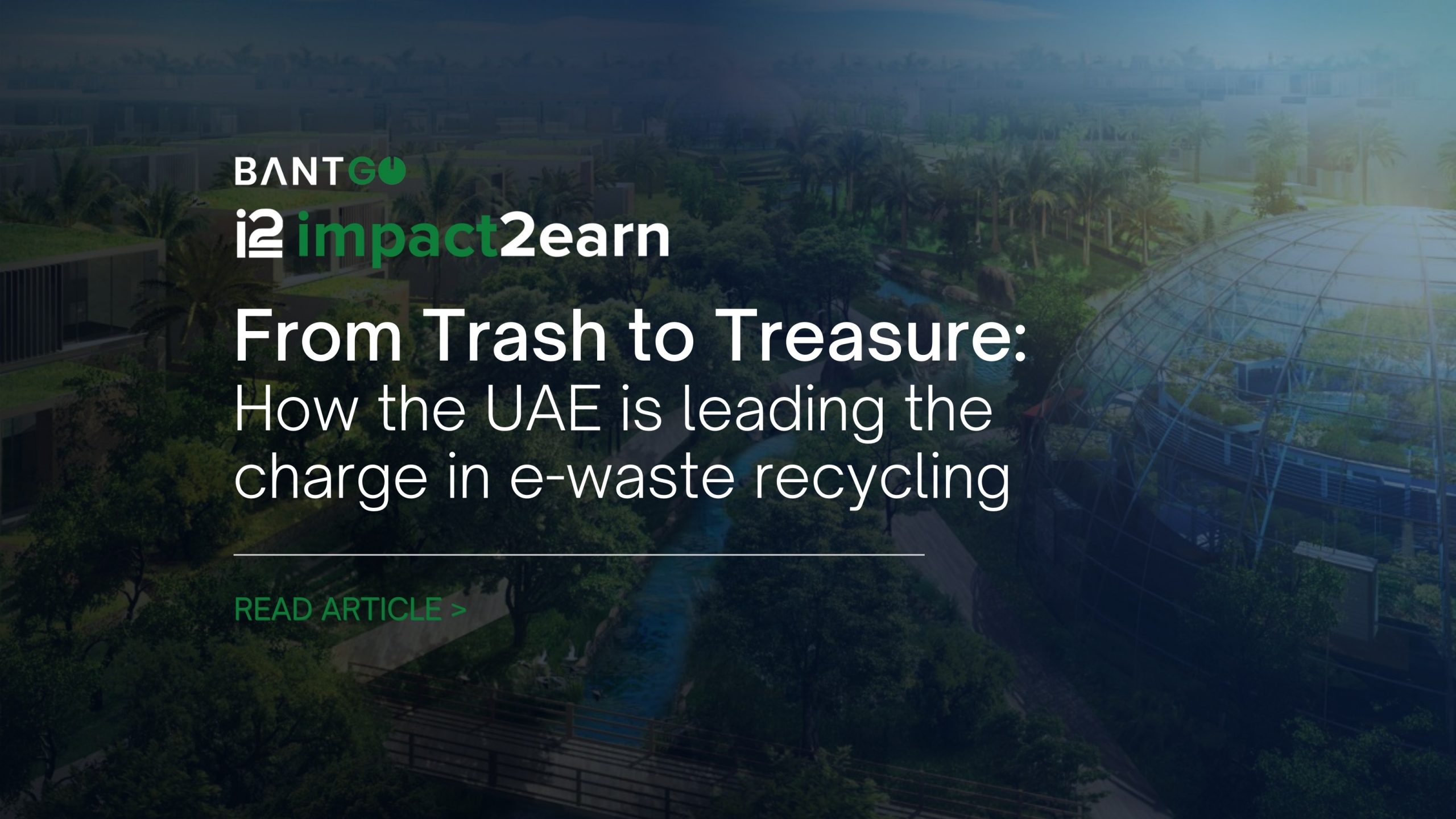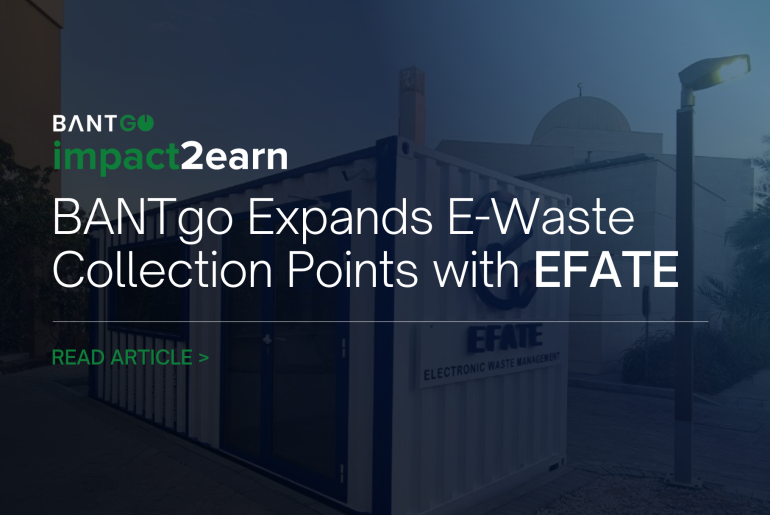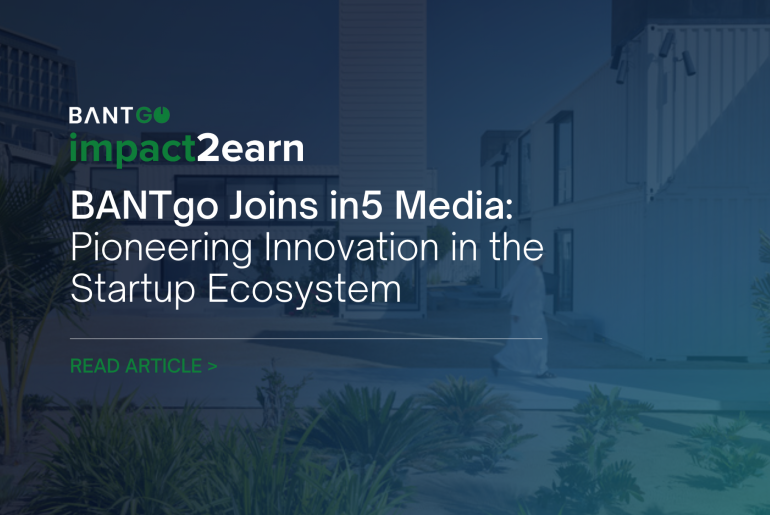
- 1 view
By Joseph Patterson
The digital revolution has dramatically transformed our means of communication and has significantly narrowed the global divide. We stand at the edge of monumental technological progress, embodying a generation that has fully embraced the digital age. The plethora of devices at our disposal — ranging from household appliances to computers, laptops, and the ubiquitous smartphones — underscores our deep entrenchment in the realm of technology.
As these technological marvels become integral to our daily existence, we find ourselves caught in a cycle of constant upgrades. The allure of new features leads us to discard older models with an alarming frequency, raising serious questions about our overall electronic waste (e-waste) accumulation. What is the fate of these discarded electronics?
We have cultivated a throwaway culture where e-waste encompasses a broad array of electronic devices that have reached the end of their functional life cycle. This includes not only consumer electronics such as smartphones, tablets, and gaming consoles but also their various components that have become obsolete.
The statistics surrounding e-waste are both intriguing and distressing: globally, we generate approximately 40 million tons of electronic waste each year. To put that into perspective, it is akin to disposing of 800 laptops every second. Annually, production figures for computers reach 300 million, and cellphones hit the 1 billion mark. Despite such staggering production rates — projected to escalate by 8% each year — a mere 12.5% of e-waste undergoes recycling processes.
Moreover, e-waste constitutes a substantial 70% of the toxic waste we produce. The majority of this e-waste finds its way to landfills and incinerators, where the combustion process releases hazardous toxins such as lead — a peril to our neurological functions and renal systems. Among the most dangerous electronic items are those containing cathode ray tubes, as well as various LCD and Plasma displays. The toxic substances found within e-waste are extensive, including but not limited to mercury, lead, arsenic, cadmium, and flame retardants.
The adverse implications of e-waste are not restricted to environmental degradation. A significant portion of e-waste is shipped to developing nations in Asia and Africa, where substandard recycling methods pose grave risks to human health and safety. Workers at e-waste sites, often receiving a meager $1.50 per day, face exposure to toxic materials without adequate protection. Alarmingly, many of these laborers are children, who are particularly vulnerable to the harmful effects of these toxins.
Recognizing the value within e-waste is imperative. Electronic devices harbor precious metals, including gold and silver; in the United States, discarded cellphones represent a loss of approximately $60 million in precious metals annually. By recycling a million laptops, we can conserve the equivalent energy usage of 3,600 American households over a year. The potential for reusing and recycling the components within e-waste is immense and critical for material recovery.
Addressing personal e-waste begins with exploring viable disposal options. Repurposing or donating electronics extends their utility, benefiting others while preventing harmful materials from contaminating landfill sites. Such actions resonate with the ethos of resource conservation and communal generosity.
In alignment with global concerns, the UAE has proactively engaged with the e-waste challenge. Some retailers are required to facilitate the collection of unwanted electronics, providing a responsible avenue for consumers to part with their e-waste. This measure reflects the UAE’s broader commitment to environmental stewardship and sustainable waste management practices.
Enviroserve, lauded as the world’s largest e-waste recycler, stands out in the UAE for its commitment to environmentally responsible e-waste disposal. Their state-of-the-art facility in Dubai, spanning 228,000 square feet, not only exceeds stringent EU standards for e-waste recycling but is also the sole treatment plant in the region endorsed by the Ministry of Environment and certified by UAE Municipalities to handle electronic waste. Enviroserve’s efforts have earned it significant recognition, including the Dubai Industrial City Environmental and Sustainability Award, highlighting its leadership in the responsible repurposing of electronic waste.
The Recycling Hub, opened by Enviroserve in Dubai Industrial Park, is another pioneering project in the region. With a massive processing capacity of 100,000 tons of total integrated waste per year, this facility is a testament to the UAE’s investment in sustainable waste management. The facility applies advanced reclamation technology that meets and surpasses European standards, emphasizing the UAE’s dedication to high-quality, environmentally conscious waste treatment processes.
Further supporting the UAE’s commitment to environmental sustainability, malls such as Deira City Centre, Mirdif City Centre, and Sharjah City Centre have engaged in initiatives encouraging shoppers to recycle their old electronics. These campaigns not only facilitate the recycling of electronic components but also benefit charitable causes, demonstrating a socially responsible approach to e-waste management.
Adding to these significant efforts, BANTgo’s impact2earn platform, a Dubai based startup is pioneering the integration of AI and blockchain technology to promote e-waste recycling. This platform provides an interactive and rewarding approach to recycling, encouraging individuals and businesses to participate in sustainable practices. With its AI chatbot guiding users to e-waste collection points and its blockchain technology authenticating the recycling process, BANTgo has made it easier and more beneficial for people to engage in responsible e-waste disposal. This is not just an advancement in technology but also a stride forward in enhancing corporate ESG programs, further integrating sustainability into the business models and operations across the UAE.
Together, these initiatives and organizations are pushing the UAE and the world towards a greener future, where e-waste is not seen as mere rubbish, but as a valuable resource that can be repurposed, contributing to a sustainable and circular economy.





